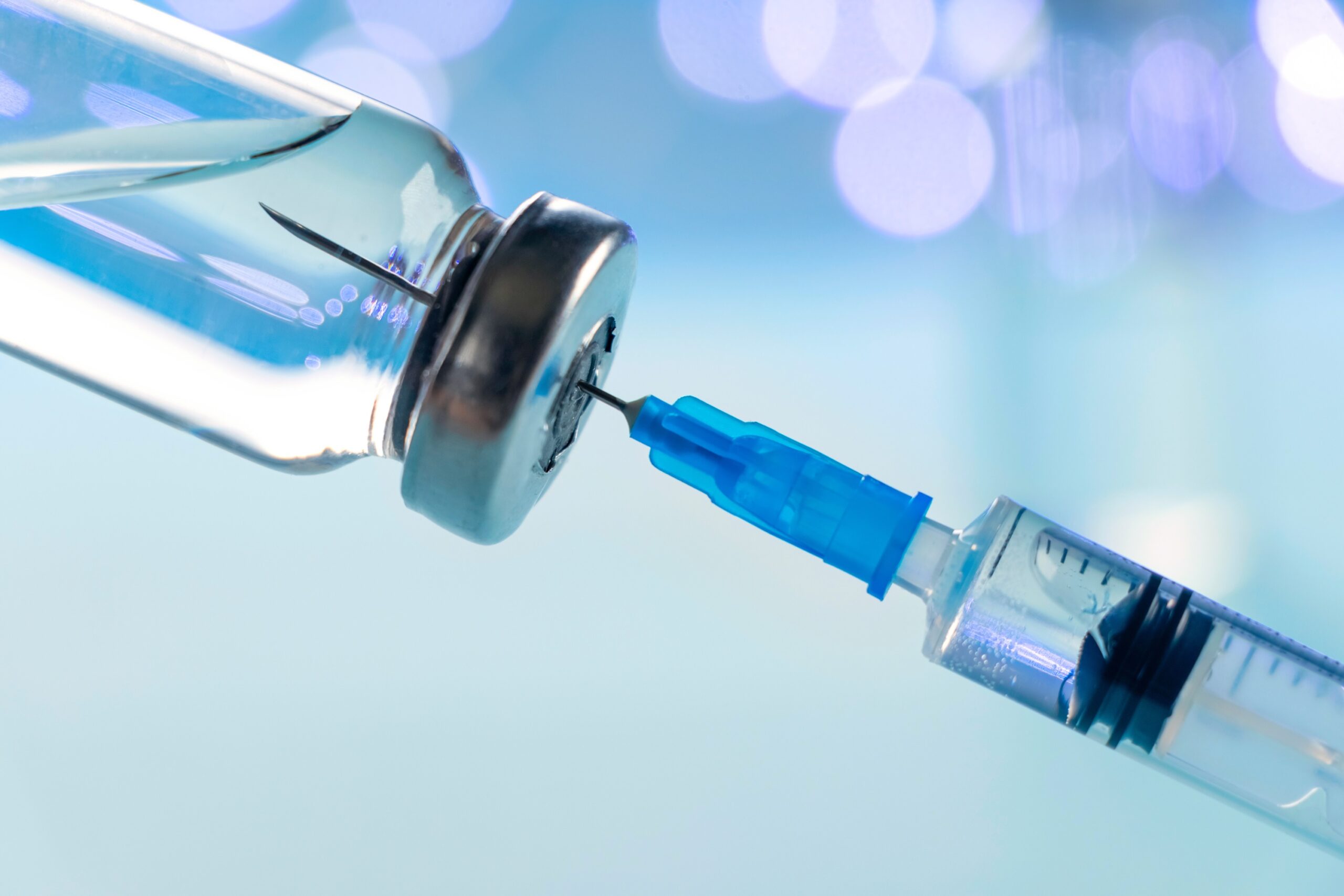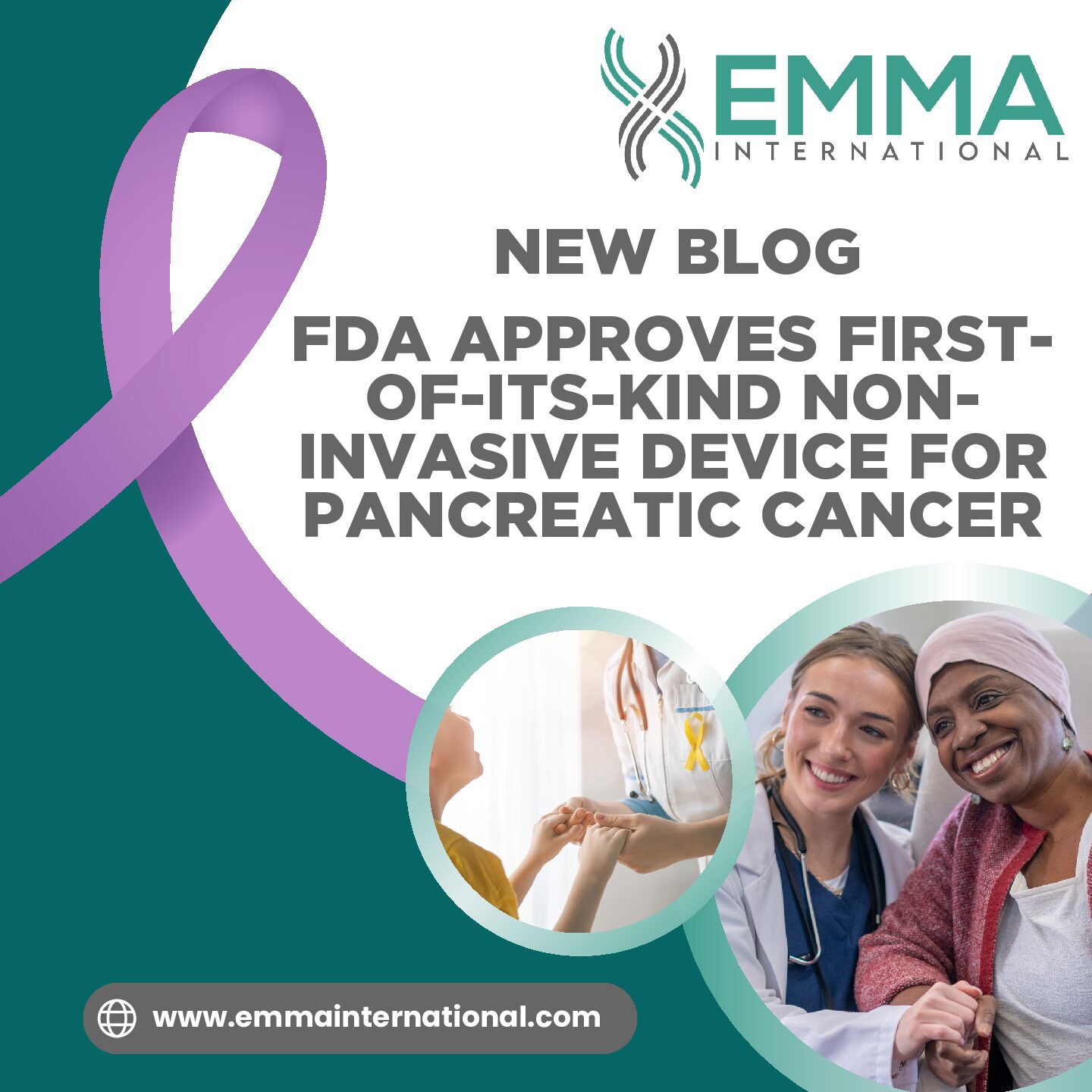Water is one of the most commonly used ingredients in the pharmaceutical and biotechnology industries, but not just any water will suffice. In the context of pharmaceutical manufacturing, Water for Injection (WFI) is a highly purified form of water that is crucial for a variety of processes, including drug formulation, sterile production, and cleaning. The high standards for purity and sterility are set by various regulatory agencies to ensure that products made with WFI are safe for human use.
Water for Injection (WFI) is water that meets stringent requirements for purity and sterility, making it suitable for use in the manufacturing of injectable products, such as intravenous (IV) solutions, vaccines, and other parenteral drug forms. WFI must be free from endotoxins, particulates, and any microbial contamination, ensuring that it will not introduce harmful substances into the human body when used in medical products.
WFI is classified by pharmacopeias, including the United States Pharmacopeia (USP), the European Pharmacopeia (EP), and the Japanese Pharmacopeia (JP), each outlining specific criteria that the water must meet.
There are two primary methods used to produce Water for Injection:
- Distillation: Historically, distillation has been the most common method for producing WFI. In this process, water is boiled, and the resulting steam is collected and condensed into purified water, leaving impurities, endotoxins, and particulates behind. Distillation is effective in producing WFI that meets the rigorous microbial and endotoxin requirements set by pharmacopeias.
- Reverse Osmosis (RO) with Ultrafiltration (UF): While distillation is still widely used, the pharmaceutical industry is increasingly adopting reverse osmosis (RO) coupled with ultrafiltration (UF) to produce WFI. This process involves forcing water through a semi-permeable membrane, which filters out impurities, endotoxins, and microorganisms. This method is more energy-efficient than distillation and can be performed at lower temperatures.
In addition to these primary methods, other purification steps such as deionization, carbon filtration, and UV disinfection are often included in WFI systems to ensure the highest quality of water.
Regulatory Requirements for Water for Injection
WFI must comply with strict regulatory standards, including the acceptable levels of contaminants, microbial counts, and endotoxins. The most widely recognized guidelines for WFI are provided by the United States Pharmacopeia (USP) and the European Pharmacopeia (EP). These guidelines outline specific testing and quality control measures that manufacturers must follow to ensure that their WFI meets the required standards.
Key requirements include:
- Endotoxin Levels: WFI must be free of bacterial endotoxins. Endotoxins can cause serious reactions in humans if they enter the bloodstream, including fever, hypotension, and sepsis.
- Microbial Contamination: WFI must be sterile or have an exceptionally low microbial count. Any microbial contamination could compromise the safety of pharmaceutical products, particularly those intended for injection.
- Particulate Matter: WFI must be free from particulate contamination that could harm patients or interfere with manufacturing processes.
Producing and maintaining WFI systems is not without its challenges. Maintaining a sterile WFI system requires ongoing vigilance. Microbial contamination can occur during storage or distribution if the system is not properly maintained or monitored. WFI systems must be carefully designed to prevent microbial contamination, biofilm formation, and endotoxin buildup. This typically involves a closed-loop system with continuous circulation to minimize the risk of contamination. Continuous monitoring and regular validation are critical to ensure that the WFI system continues to produce water that meets the required standards for endotoxins, particulates, and microbial counts.
How EMMA International Can Help
At EMMA International, we understand the complexities of designing and maintaining WFI systems that meet regulatory requirements. Our team of experts can assist with everything from designing WFI systems to ensuring ongoing compliance with global pharmacopeia standards. We offer consulting services that focus on process validation, system monitoring, and quality control, helping manufacturers to reduce the risk of contamination and ensure product safety.
Whether you are setting up a new WFI system or seeking to optimize an existing one, EMMA International is your trusted partner in quality and compliance. Contact us at 248-987-4497 or email info@emmainternational.com to learn more.
FDA (Aug 2014) Water for Pharmaceutical Use retrieved from: https://www.fda.gov/inspections-compliance-enforcement-and-criminal-investigations/inspection-technical-guides/water-pharmaceutical-use




